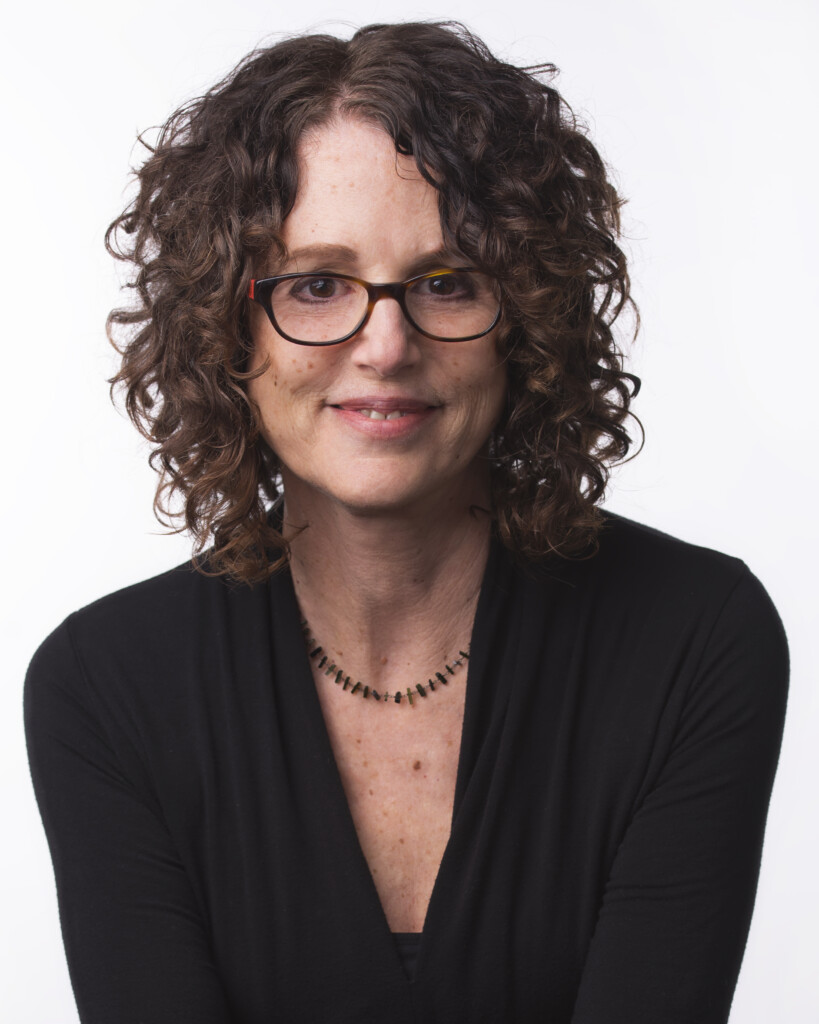Madison, Wis. – The UW-Madison 2020 Diversity Forum will be held virtually this year on October 27-28 from 8:30a.m. to 4:45p.m. This year’s forum, The Pandemic Effect: Exposing Racism and Inequities, will explore a convergence of contemporary issues from racial equity and social justice to disparities in health care and white privilege during two full days of speakers and interactive sessions. Hosted by the Division of Diversity, Equity & Educational Achievement, the event is free and open to the public.

The university’s premiere conference on diversity, equity and inclusion will feature a duo of keynote authors, who both focus on the sociology and impact of race and race relations. On opening day, Tuesday, Oct. 27, the speaker will be Robin DiAngelo, Ph.D., author of the widely acclaimed bestseller White Fragility: Why It’s So Hard for White People to Talk About Racism. On Day 2, Wednesday, Oct. 28, the guest speaker will be Austin Channing Brown, author of New York Times bestseller, I’m Still Here: Black Dignity in a World Made for Whiteness. Participants can submit questions for both authors while registering for the forum.
“We’re proud to present this year’s Diversity Forum in a virtual format,” said UW-Madison Interim Deputy Chancellor for Diversity & Inclusion Cheryl B. Gittens. “The year 2020 has created an urgent need for critical discussions on race, equity, inclusion and across countless dimensions of diversity. These conversations are prompted by our need to reexamine the core of our society and how we navigate the future as leaders, innovators and influencers. During this forum, we plan to explore a host of pivotal and complicated topics.”
The duo of keynote speakers featured at this year’s forum are both authors who emphasize self-discovery, active participation and person-centered group work. Both authors are exceptionally skilled in leading audiences through the uncomfortable discussion of universal human nature.

Author Robin DiAngelo has been a consultant, educator and facilitator for over 20 years on issues of racial and social justice working with a wide range of organizations including private, non-profit, and governmental. Her book White Fragility: Why It’s So Hard for White People to Talk About Racism was released in June of 2018 and debuted on the New York Times Bestseller List where it remained for 85 weeks. Her Tuesday keynote is entitled, “Seeing the Racial Water.”
DiAngelo has been praised for her approach to confronting racism by experts Michael Eric Dyson and Tim Wise, while also criticized for her self-examination on racism complicity as a white American. DiAngelo says she encounters a lot of “certitude from white people – they insist ‘Well, it’s not me’, or say ‘I’m doing my best, what do you want from me?’. She defines this as white fragility – the inability of white people to tolerate racial stress. The idea that whiteness isn’t discussed is, to her, the first stumbling block. Whiteness is considered the norm for humanity, its default setting.
“White people are not outside of race and our voices and perspectives on racism and antiracism are critical,” DiAngelo explains. “All too often, we have been a missing piece of the puzzle. Only engaging with Black, Indigenous and Peoples of Color’s perspectives reinforces the idea that white people are outside of race and that racism is not a white problem. We will never understand racism in isolation.”
Wednesday’s keynote will be “A Conversation with Austin Channing Brown,” a bestselling author, public speaker and producer. Her work centers the Black experience in America and engages a diverse audience in the work of racial justice. She is the New York Times and USA Today Bestselling author of I’m Still Here: Black Dignity in a World Made for Whiteness and the Executive Producer of The Next Question: A Web Series Imagining How Expansive Racial Justice Can Be.
“Talking about race is always risky business. But what’s hard is transformative. And transformation is exactly what we need,” Brown said.
By using an intentional mix of humor, pop-culture, storytelling, and audience engagement, she awakens people to the current realities of systemic racism and the everyday actions which make it possible. Brown is sure to evoke thought, feeling and action as she celebrates Blackness and the possibility of justice in our organizations, teams and communities.
“The work of racial justice is never a solo sport,” Brown states. “I got into this work to invite people deeper than they’d been willing to go before, past the simple answers. In telling my story and the truth of my experiences with white supremacy, I set out to kick down the door for others to do the same.”
The 2020 Diversity Forum also will include a broad selection of panelists including regional, campus and community experts, researchers, community activists and diversity specialists teaching about and discussing more than a dozen topics including:
- The disproportionate impact of COVID-19 on communities of color
- A look a UW-Madison’s history of social justice activism
- Updating and developing cultural literacy skills
- Inclusive hiring practices
- Emerging identity issues in gender non-conforming youth
- Voices from Women Students of Color Pursuing Careers in STEM Fields
- Racism and culture in literature
- Providing linguistic support to heritage language speakers, and
- The active practice of ableism.
For more information on UW-Madison’s 2020 Diversity Forum and how to register go to: http://diversity.wisc.edu/event/diversity-forum-2020/.
# # #
For more information contact:
Valeria Davis
Senior University Relations Specialist
608-890-3079